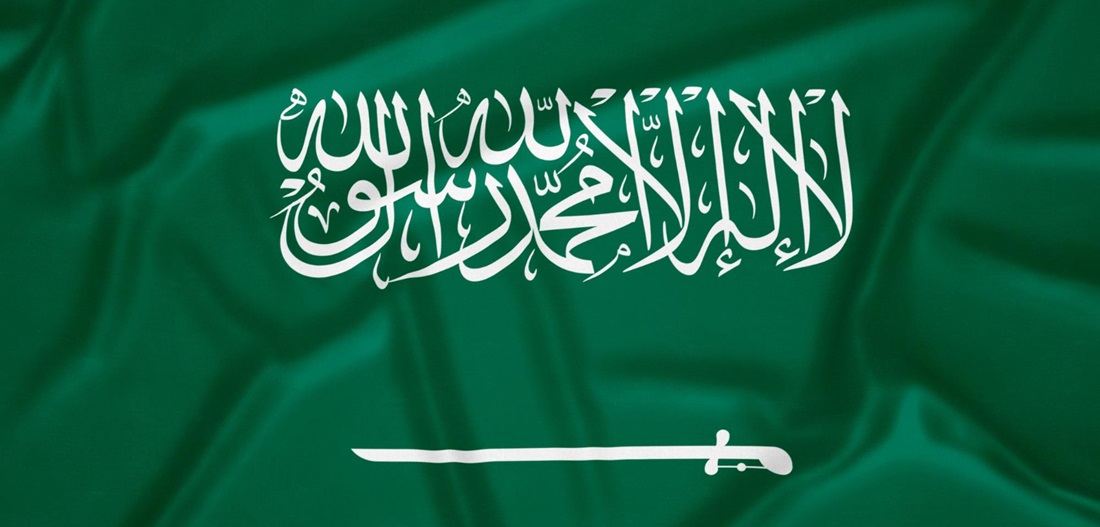
Saudi Arabia increasingly more important for Brazilian exporters
Jun, 27, 2024 Posted by Gabriel MalheirosWeek 202426
Considered Brazil’s main trading partner in the Middle East, Saudi Arabia has gained prominence for Brazilian exports. In 2023, sales to the Arab nation totaled $3.2 billion, the best result in five years. Overall, the trade balance between the two countries reached $6.7 billion last year. Despite a deficit of around $300 million for Brazil, experts unanimously hail the positive commercial prospects between the two nations for the coming years.
By 2030, bilateral trade is projected to reach $10 billion, according to the Gulf Research Center, a consultancy specializing in the Persian Gulf region. “Despite being a significant amount, $10 billion will pale in comparison to the trade potential between the two countries,” says FIA Business School professor Paulo Feldmann.
In the last five years, Brazilian exports to Saudi Arabia grew by 57%, while Saudi exports to Brazil grew by 53%, according to a study conducted by the Arab-Brazilian Chamber of Commerce (CCAB). Primary products dominate the trade agenda, with Brazilian exports consisting mostly of chicken protein, grains, and sugar. On the other hand, Saudi Arabia exports crude oil, petrochemical derivatives, and fertilizers, which are crucial for Brazilian agribusiness.
The chart below shows Brazilian container exports to Saudi Arabia from January 2021 to April 2024. The data stems from Datamar’s pioneer maritime intelligence service DataLiner.
Container Exports to Saudi Arabia | Jan 2021 – Apr 2024 | TEUs
Source: DataLiner (click here to request a demo)
There is a trend toward diversification in commercial relations, including manufactured goods, technology, and even aircraft. “There is certainly potential for expansion. Brazil has a reputation for being a reliable supplier that respects Muslim consumers, hence the production of halal chicken,” says Mohamad Mourad, vice-president of international relations at CCAB. Halal food adheres to Islamic dietary laws.
Mourad also sees potential for new products coming to the Saudi market, such as pre-prepared and portioned foods, roasted coffee, and processed fruits like açaí. “The Saudi population is predominantly urban, young, in their 30s, who have a busy day away from home and who want convenience in eating.”
For instance, exports of chocolates and cocoa-based preparations alone jumped from $19,000 in 2022 to $13.7 million in 2023, according to a federal government survey. “It is certainly a very relevant and higher-income consumer market, which opens up new opportunities in several areas,” says Herlon Brandão, director of statistics and foreign trade studies at the Ministry of Development, Industry, Commerce and Services.
Brazilian foods also have the potential for re-export from Saudi Arabia. “The Gulf countries have leveraged their strategic position between East and West to intermediate goods for centuries. In the past, this was done by camel caravans crossing the desert. Today, that’s done through highly specialized free trade zones connected to ports and airports,” explains Mourad.
New business opportunities may also arise with Saudi Arabia’s possible entry into BRICS, a group of emerging market countries, and the ambitious Saudi national modernization plan, Vision 2030, which includes new economic and infrastructure projects. “This project creates opportunities for the growth of commercial relations in sectors that currently have modest participation,” explains Fernanda Brandão Martins, coordinator of the International Relations course at Universidade Presbiteriana Mackenzie Rio.
ApexBrasil has identified 309 business opportunities in Saudi Arabia, with a focus on machinery, transport equipment, mining, and manufacturing sectors such as footwear and cellulose-based products (paper and cardboard). “Saudi imports of manufactured goods total around $3.5 billion, but Brazil holds only a 1.2% share of this market,” says Gustavo Ribeiro, market access coordinator at ApexBrasil.
Despite the promising prospects, navigating the complexities of relations with the Middle East is crucial. Feldmann emphasizes that Brazilian companies and the government must be attuned to local specifics beyond Saudi Arabia’s internal political and geopolitical challenges—which demand careful diplomacy due to regional conflicts. One notable challenge is the encouragement for foreign companies to establish local units, a process that is far from straightforward. “This ties into their goal of diversifying the local economy, likely in preparation for a future decline in oil production,” he explains.
“For Brazilian companies to successfully enter the Arab market, it is essential to understand local culture and customs,” says Ricardo Faria, founder and chairman of the Granja Faria group, which has been exporting eggs to Saudi Arabia since 2013. In 2023, Brazil exported $2.7 million worth of eggs to the Arab nation, according to data from the Ministry of Development, Industry, Commerce and Services (MDIC). “This understanding goes beyond mere linguistic adaptation; it includes grasping business practices, traditions, and social values,” he adds.
Source: Valor Econômico
Click here to read the original article: https://valor.globo.com/publicacoes/especiais/brasil-arabia-saudita/noticia/2024/06/25/riad-cresce-em-importancia-para-exportacoes-brasileiras.ghtml
-
Shipping
Dec, 09, 2019
0
Doria can assist in enabling BR do Mar
-
Oil and Gas
Jul, 21, 2023
0
Bolivia likely to end gas exports to Brazil by 2030
-
Shipping
Jul, 05, 2022
0
Cyber Pirates Prowling Ship Controls Threaten Another Big Shock
-
Trade Regulations
Dec, 30, 2020
0
A summary of Brazil’s foreign trade solutions to combat the pandemic in 2020

